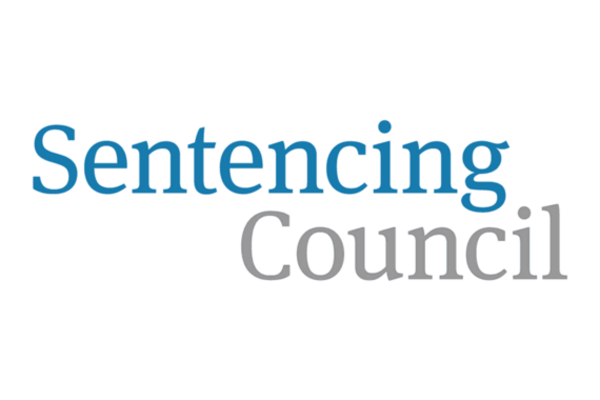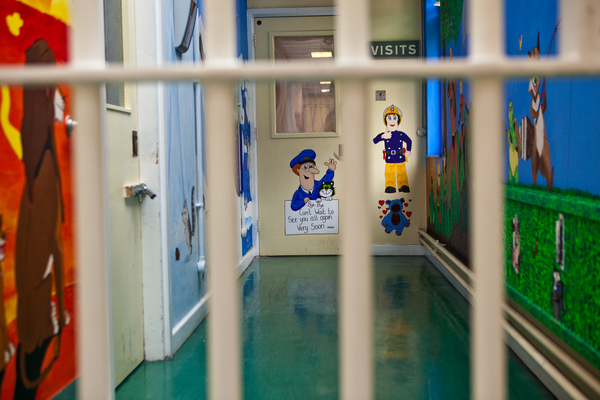The latest research by the Nuffield Trust once again highlights the significant risks associated with pregnancy, birth and the postnatal period in prison.
More than one in ten births to women serving prison sentences are premature – almost twice the rate of women in the community – carrying a real threat to the lives of women and babies. A similar proportion of all births (around 1 in 10) happen before a woman can reach the hospital – meaning they are still in the prison or are on transfer from prison to the hospital when they deliver their baby.
These risks are exacerbated by the difficulties women face in accessing obstetric care during a prison sentence (31.5% of obstetric appointments are being missed by women in prison), likely due to issues with providing prison escorts for travel to hospital.
Two Prisons and Probation Ombudsman reports on the deaths of babies in incarceration have highlighted the dangers of imprisoning pregnant women, and yet lives continue to be put at risk. This, despite the fact that the government’s own strategy states female offending is better addressed through community-based sentences and specialist services like Women’s Centres. When we reflect on the risks presented by time in prison, we should bear in mind that the vast majority of women are there to serve very short sentences, and almost half are being held on remand, often going on to be found not guilty or to receive a community sentence.
As the Nuffield Trust report says, it’s time we had sight of far better data on the number of miscarriages, stillbirths and pregnancy or birth-related serious incidents happening in English prisons, so we can all understand the true extent of the problem. The NHS itself recognises the high-risk nature of pregnancy and birth in prison in its new National Service Specification. It is time to end the imprisonment of these women in all but the most exceptional of circumstances, and invest in the solutions already proven to do more to reduce reoffending, while protecting women and their families.





